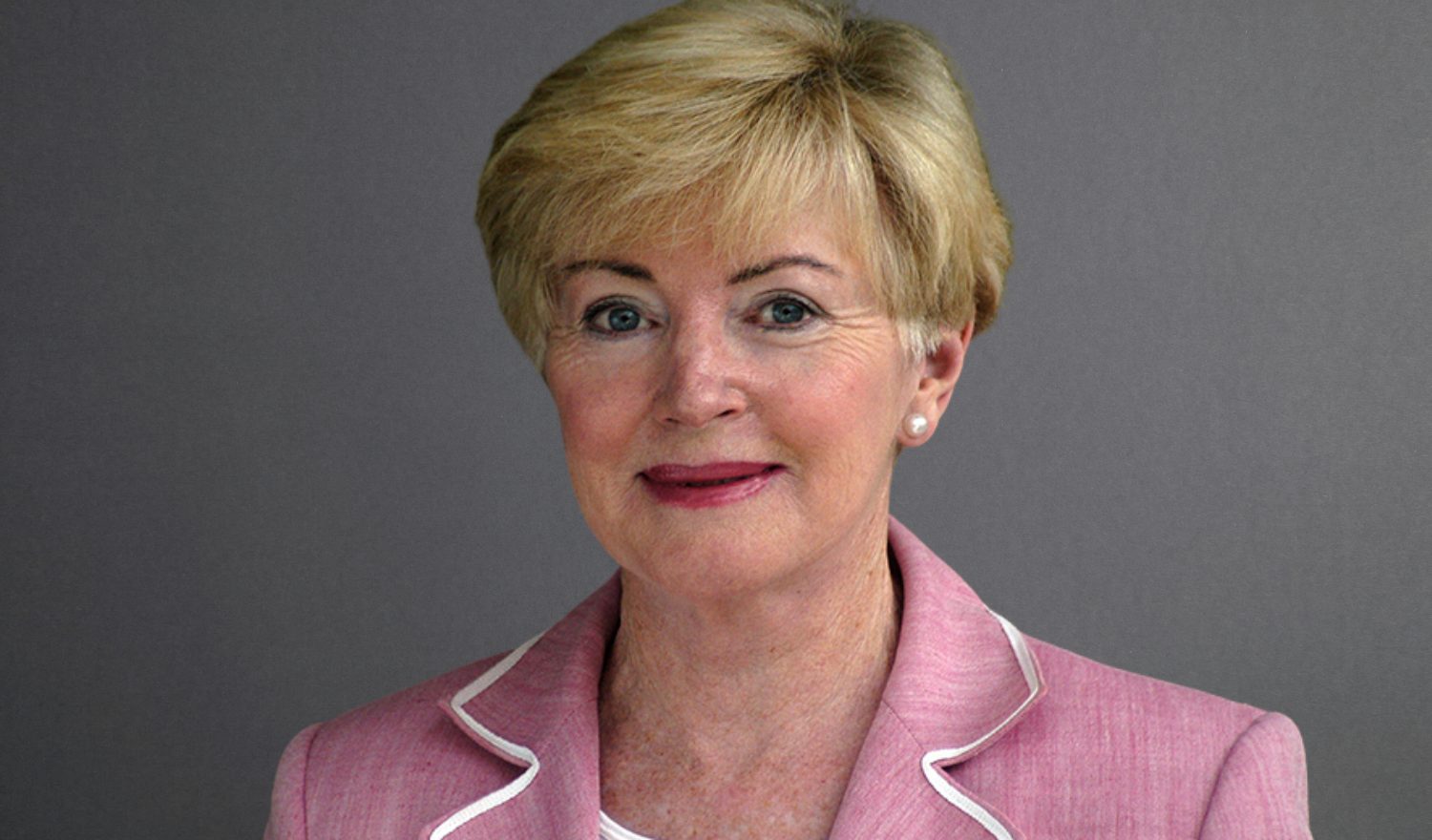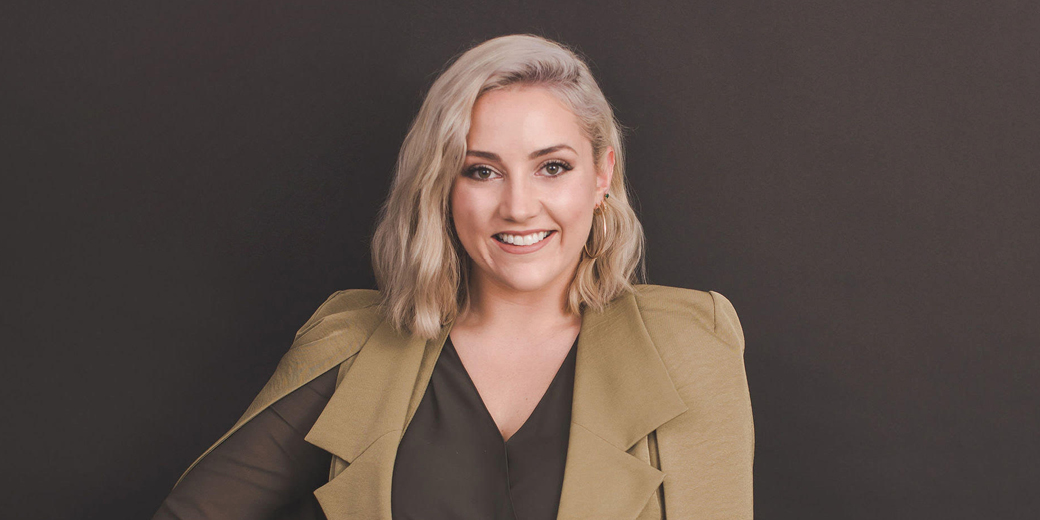There’s no doubt the legal sector can be an intense work environment. Thanks to heavy caseloads and fierce competition, lawyers and other legal professionals are facing stress, anxiety and burnout on a concerning scale.
But according to executive transition coach and CEO at Lucent Global, Ellie Scarf, it doesn’t have to be this way. There’s one tool that can help you manage a plethora of professional challenges – and plant you firmly on a path to wellbeing.
That tool? Self-awareness.
What is self awareness, anyway?
Self-awareness has become a serious business buzzword in recent years. Whether you’ve heard it in a performance review or seen it on the cover of a self-help book, you likely have some basic understanding of its meaning.
But what is it truly? And how does it relate to career performance?
“Self-awareness is the foundation of a thriving legal career,” Ellie says. “But many people don’t realise that it’s about more than just how well you understand yourself.
“There are two components of self-awareness: internal and external. You need to have both to be considered self-aware.”
So, what’s the difference between the two? Ellie explains:
“Internal self-awareness is our awareness of our values, passions, aspirations, triggers, strengths and weaknesses. External self-awareness is understanding how other people view us in terms of those same factors.
“Both are equally important. If we overvalue internal self-awareness, we can become disconnected from others in our orbit. But if we put too much focus on external self-awareness, we can easily fall into people-pleasing patterns.”
This means that knowing yourself and your impact on friends, family, colleagues and clients is vital. But according to research reported by organisational psychologist Tasha Eurich and reported in the Harvard Business Review, only 10 to 15% of people score highly in both components.
Why does self-awareness matter in the legal profession?
Building self-awareness in the legal profession isn't just an exercise in personal growth – it's a strategic move towards excellence.
“The most successful people I work with have high levels of self-awareness. It’s the keystone that will either block or unlock your career development,” Ellie explains.
This is because every case, courtroom appearance, and client and colleague interaction is laden with human dynamics. And when you understand your biases, emotional triggers and communication style, your ability to navigate these factors vastly improves.
It’s all about remaining open to change – and responding to your environment appropriately.
“If you don't have that ability or willingness to reflect on yourself, you can't possibly have an accurate baseline from which to shift. Or you won't see the need.”
But when you can reflect on what you’re doing well and what needs improvement – you are empowered to act. And that often leads to improved relationships, job satisfaction and work performance.
“You make more aligned decisions when you’re clear on your goals and values. Which means you move towards your goals faster. It’s a win-win.”
How can you find out if you're self-aware?
By now you’re probably wondering where you fall on the self-awareness scale.
Ellie says a great practice to start with is by answering some reflective questions. For example, what aspect of your job do you excel at? What do your colleagues think of you? Are you an optimist, realist or pessimist?
“If you often respond to questions about yourself with a shrug, that’s a key indicator that it may be time to do some self-reflection,” Ellie advises. “Likewise, if you’re often surprised by people’s reactions to you.
“Watch out for how you respond to feedback, too. If you understand it clearly (and possibly even agree), your external self-awareness is probably high.”
Ellie also stresses that lawyers need to be particularly aware of their negativity bias.
“Lawyers are trained to find mistakes and mark them with a red pen. And this often translates into how they view themselves. So be sure to notice and leverage your wins as much as your stumbles.”
How can you build your self-awareness?
If you want to improve your self-awareness, Ellie recommends starting with a high-quality psychometric assessment.
“Law firms often have internal programs and personality assessments you can access. But you can always jump online and find your own. I like the free Hogan Assessment's Leadership Forecast Series if you’re keen to invest in your development.”
But the meat and potatoes of self-awareness is in continual practice.
“Two key practices should form the basis of your self-awareness development habit: reflection and feedback.
Ellie continues: “Reflecting is quite simply asking yourself questions. Things like, how do my strengths or derailers impact others? Do I impact my stakeholders in a positive or a negative way? Are there times when my style doesn't get the best out of people?
“You might choose to write your answers down or just think them through. Importantly, pick a reflection frequency that makes sense to you – whether that's daily, weekly or any other interval.
As for feedback, Ellie says this is a highway to building your external self-awareness. Although asking for feedback may feel intimidating at first
“So, start with somebody you trust and build up that muscle. Plus, it pays to be proactive, so seek feedback regularly through conversations or surveys.”
These invaluable insights will help shape your understanding of yourself. And the more you understand yourself, the better equipped you are to understand others – a crucial skill in negotiation, persuasion and conflict resolution.
Like any skill, the more you practice self-awareness through actions like reflection and seeking feedback, the easier it will become. And Ellie says that no matter what you learn on the journey, holding your self-knowledge lightly is important.
“Remember, it’s all about exploration, not perfection.”
About Ellie Scarf
Ellie Scarf is a former top-tier corporate lawyer with over 15 years of experience in executive coaching, leadership and talent development. She is also the Founder and CEO of Lucent Global.
Ellie is passionate about the intersection of personal development, coaching psychology and organisational systems. At Lucent, she works with teams and individuals to support their personal and professional growth – particularly through transition periods.
Her clients include some of the world’s largest listed and private companies, global law firms, Big 4 accounting firms, big tech companies and high net-worth individuals.











































![How to handle Direct Speech after Gan v Xie [2023] NSWCA 163](https://images4.cmp.optimizely.com/assets/Lawyer+Up+direct+speech+in+drafting+NSW+legislation+OCT232.jpg/Zz1hNDU4YzQyMjQzNzkxMWVmYjFlNGY2ODk3ZWMxNzE0Mw==)









































